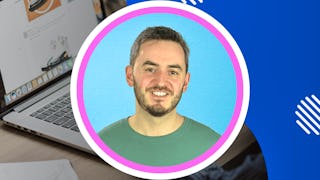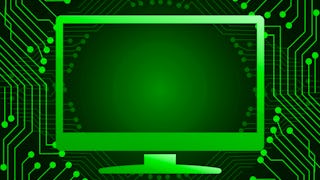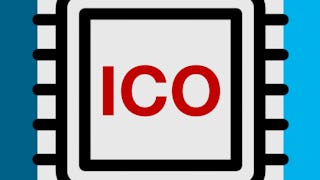Computers are everywhere, they aren't just the desktops and laptops we use for work but the phones in our pockets and even the watches on our wrists are also computers. You probably use a computer every day and in fact you are reading this on a computer!


Gain next-level skills with Coursera Plus for $199 (regularly $399). Save now.


How Computers Work
This course is part of Introduction to Computer Science and Programming Specialization

Instructor: Prof Marco Gillies
40,850 already enrolled
Included with
(574 reviews)
Skills you'll gain
Details to know

Add to your LinkedIn profile
See how employees at top companies are mastering in-demand skills

Build your subject-matter expertise
- Learn new concepts from industry experts
- Gain a foundational understanding of a subject or tool
- Develop job-relevant skills with hands-on projects
- Earn a shareable career certificate

There are 4 modules in this course
This week starts your journey into understanding computer science. You will think about how computer science can help you understand the technology you use every day and you will also learn one of the most important concepts in computer science: abstraction.
What's included
6 videos4 readings1 assignment2 discussion prompts
In this week you will learn about the computer science concepts of state and modularity and how they can help you understand the computer applications that you use every day.
What's included
9 videos1 reading5 assignments3 discussion prompts
This week you will learn about how computers communicate with each other over networks, including the internet. You will also learn about some of the security threats that the internet entails and how they can be avoided.
What's included
7 videos3 assignments1 discussion prompt
In this week you will apply all of the computer science concepts you have learned in this course to understanding how modern websites work.
What's included
9 videos2 readings4 assignments2 discussion prompts
Earn a career certificate
Add this credential to your LinkedIn profile, resume, or CV. Share it on social media and in your performance review.
Prepare for a degree
Taking this course by University of London may provide you with a preview of the topics, materials and instructors in a related degree program which can help you decide if the topic or university is right for you.
Instructor

Explore more from Computer Security and Networks
 Status: Preview
Status: Preview
Birla Institute of Technology & Science, Pilani
 Status: Free Trial
Status: Free TrialUniversity of London
 Status: Preview
Status: PreviewInternational Institute of Information Technology, Hyderabad
Why people choose Coursera for their career




Learner reviews
574 reviews
- 5 stars
73.39%
- 4 stars
19.13%
- 3 stars
4.34%
- 2 stars
1.56%
- 1 star
1.56%
Showing 3 of 574
Reviewed on Sep 19, 2019
Very good course as an introduction to computing. Could stand to be more challenging, but the material is certainly easy enough for a true beginner.
Reviewed on Sep 1, 2024
Very beginner friendly, the AI tools that help students better understand the information allow for a more accessible and digestible course.
Reviewed on Nov 6, 2020
I am so glad I took this course. It taught me so much and it gave me the confidence I needed to seriously change careers. I loved it!

Open new doors with Coursera Plus
Unlimited access to 10,000+ world-class courses, hands-on projects, and job-ready certificate programs - all included in your subscription
Advance your career with an online degree
Earn a degree from world-class universities - 100% online
Join over 3,400 global companies that choose Coursera for Business
Upskill your employees to excel in the digital economy
Frequently asked questions
To access the course materials, assignments and to earn a Certificate, you will need to purchase the Certificate experience when you enroll in a course. You can try a Free Trial instead, or apply for Financial Aid. The course may offer 'Full Course, No Certificate' instead. This option lets you see all course materials, submit required assessments, and get a final grade. This also means that you will not be able to purchase a Certificate experience.
When you enroll in the course, you get access to all of the courses in the Specialization, and you earn a certificate when you complete the work. Your electronic Certificate will be added to your Accomplishments page - from there, you can print your Certificate or add it to your LinkedIn profile.
Yes. In select learning programs, you can apply for financial aid or a scholarship if you can’t afford the enrollment fee. If fin aid or scholarship is available for your learning program selection, you’ll find a link to apply on the description page.
More questions
Financial aid available,
¹ Some assignments in this course are AI-graded. For these assignments, your data will be used in accordance with Coursera's Privacy Notice.



